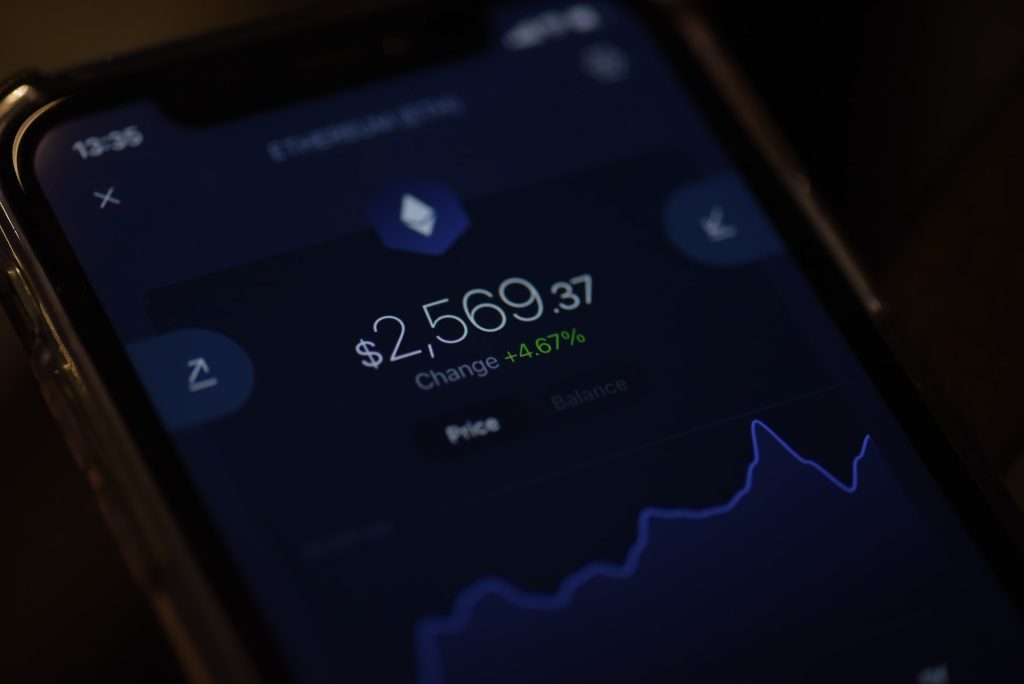Cryptocurrencies have grown increasingly popular over time, and more and more people are joining this growing market. No matter your experience level or knowledge level, researching cryptocurrencies is an essential component of understanding and making smart decisions in this market. Our beginner’s guide to researching cryptocurrencies provides an introduction to all necessary steps and resources necessary for research as well as insight into different types of cryptocurrencies available as well as effective trading strategies and tools available – giving you all of the knowledge needed to make informed decisions and maximize profits in this volatile space.
Beginner’s Guide To Cryptocurrencies
1) Understanding Market Trends
At their core, cryptocurrencies remain financial assets that are subject to market forces that drive all other asset or trading instruments. Therefore, it is crucial that cryptocurrency market participants keep track of and understand various market trends that influence it. Supply and Demand- This fundamental force drives price; simply put, when there is more demand than supply of an asset it will increase in price.

Trading Volume- The trading volume of an asset measures the volume that is purchased and sold. Monitoring trading volumes can help reveal a shift in market sentiment; high trading volumes suggest high demand, possibly leading to its price increasing; conversely if trading volumes decrease dramatically then demand drops significantly and so could cause its price to decrease as a result. – Market Sentiment- Market sentiment refers to an investment’s overall emotional state and may change over time.
2) Choosing A Cryptocurrency Exchange
Before delving deeper into each cryptocurrency, it is necessary to select a cryptocurrency exchange. A cryptocurrency exchange is a website where you can trade one type of cryptocurrency for another; there are several available, each offering their own set of unique features and offerings; use this guide as your guide in selecting one suitable to your needs. – Fees- This should be the top consideration when selecting an exchange; different exchanges charge different trading fees which could potentially reduce overall profits.

Security is another critical consideration, so make sure your exchange has stringent security measures to thwart hackers from taking your funds and that funds are kept separate in an offline account. Liquidity refers to an asset’s ability to buy or sell at its market price without altering it – the more liquid an asset is, the simpler it will be for buyers and sellers to transact at its designated prices without impacting price changes.
3) Storing Cryptocurrencies
Once you purchase your first cryptocurrency, the next step should be deciding how best to store it. Cryptocurrencies can be stored both electronically and offline. If you prefer keeping your digital assets electronically, digital wallets provide secure solutions; online wallets provide another method that is hosted by an online service. You may also consider offline wallets; though these require additional steps when accessing funds compared with electronic wallets which store private and public keys digitally and allow access from any device.

They offer the convenience of being able to access funds online, but are less secure. Paper wallets- These are printed copies of both your public and private keys that enable you to keep cryptocurrencies offline more safely but make accessing funds more challenging. Hardware wallets- These stores store both public and private keys offline but allow easy access with just the click of a button; similarly they’re more secure than paper wallets while smartphone wallets- These wallets function similarly but may offer less security compared with other types of wallets compared with hardware wallets- Smartphone Wallets- These wallets function similarly but offer less security compared with hardware wallets compared with hardware wallets or hardware wallets-
4) Developing A Trading Plan
To ensure you make wise investments when investing in cryptocurrency, a trading plan is crucial. Your plan should detail your investment strategy, entry and exit points, risk management strategy and trading psychology. In particular, Guide to Researching Cryptocurrencies Investment Strategy- This document details how much money you plan to put towards cryptocurrency investment each time, how and when. To prevent yourself becoming emotionally invested in the market it is wise to have a plan as this helps prevent overly emotionally invested decisions being made when making investment decisions.

Entry and Exit Points Entry points refer to the price at which you purchase cryptocurrency for the first time; exit points refer to when it is time for you to sell them at. Technical analysis will help to inform these decisions. – Risk Management A successful trading plan must include risk management strategies like stop-loss orders, risk thresholds and diversifying your investments. – Trading Psychology Your trading plan should also take account of your emotional tendencies by understanding them as well as setting ground rules to prevent acting upon them.
5) Learning From Experienced Traders
One effective way to expand your knowledge of the cryptocurrency market is through seeking advice from experienced traders. You can find these traders on various social media platforms such as Reddit, Twitter, Facebook and YouTube – Reddit – This platform boasts plenty of cryptocurrency experts willing to share their wisdom with new and aspiring traders – plus there are various cryptocurrency subreddits where you can ask questions or seek advice from fellow cryptocurrency enthusiasts.

Twitter is an invaluable source for cryptocurrency news and updates. You can follow experts and tweet your questions/comments directly at them! – Facebook- Facebook provides another excellent source of cryptocurrency experts willing to offer advice for beginners; while YouTube provides video content that outlines all aspects of cryptocurrency trading and investing.
6) Cryptocurrency Wallets
Simply stated, when there is more demand than supply for any given product or service, its price increases. Conversely, if there is reduced demand, its price decreases. These wallets allow you to safely store, send, and receive cryptocurrency transactions; each type has their own set of advantages and disadvantages so it is essential that when choosing one.

Software wallets are easy and often free, yet more prone to hacking. Hardware wallets offer greater security at a higher cost; paper wallets may be another secure choice, though their user experience might be reduced somewhat. No matter which wallet type you opt for, make sure that it backs up automatically so that in the event of an accident or security breach your funds remain safe – having such protection will allow you to invest securely in cryptocurrency!
Also Read- Best 5 Latest Cryptocurrency Trends
Conclusion
Cryptocurrencies remain financial assets that are subject to market forces similar to any other financial asset or trading instrument. The key to understanding and making smart investing decisions within the cryptocurrency market is monitoring market trends that influence it; selecting an exchange, safely storing your cryptocurrency holdings, creating a trading plan with specific entry/exit points as well as seeking advice from experienced traders willing to share their knowledge with new and aspiring traders is also key to successful investing decisions.
